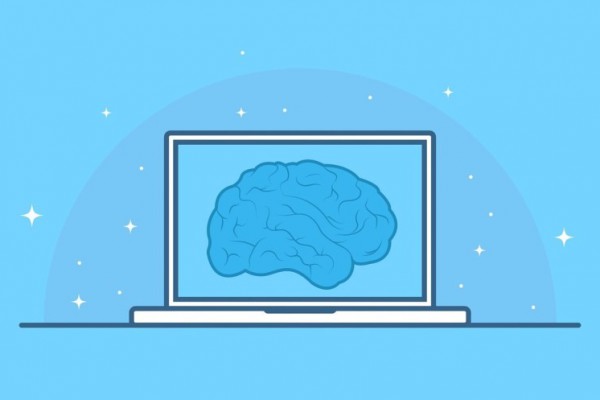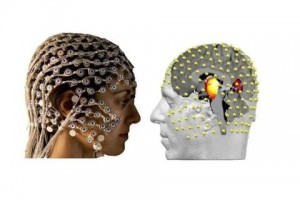AI unlocks rhythms of ‘deep sleep’
Algorithms and deep learning has enabled Flinders University sleep researchers to dive deep into one of the mysteries of sleep health.
They have used machine learning and artificial intelligence to develop a free online tool being used by sleep experts and researchers around the world to work out the role of the so-called K-complex, a prominent, brief up-down-up pattern of brain electro-encephalogram (EEG) electrical activity lasting around half a second during sleep.
When displayed on an EEG screen, it looks a bit like a ‘K’, says Bastien Lechat, lead author on a new Flinders University paper published in Sleep journal.
“We hope this algorithm will help to fast forward new discoveries regarding the mysterious K-complex waveform and its associated health outcomes.”
“A lack of K-complexes has been linked to various clinical problems, such as Alzheimer’s disease and insomnia, suggesting that K-complexes are an important part of normal sleep and health.”
“While the meaning and role of K-complexes is rather unclear, one of the leading theories is that they reflect low-level decision processing to either wake up or stay asleep in response to sensory input during sleep,” says Mr Lechat, from the Adelaide Institute for Sleep Health at Flinders University.
K-complexes occur roughly every two minutes during sleep, so are too labour-intensive for routine sleep scoring.





Related Posts